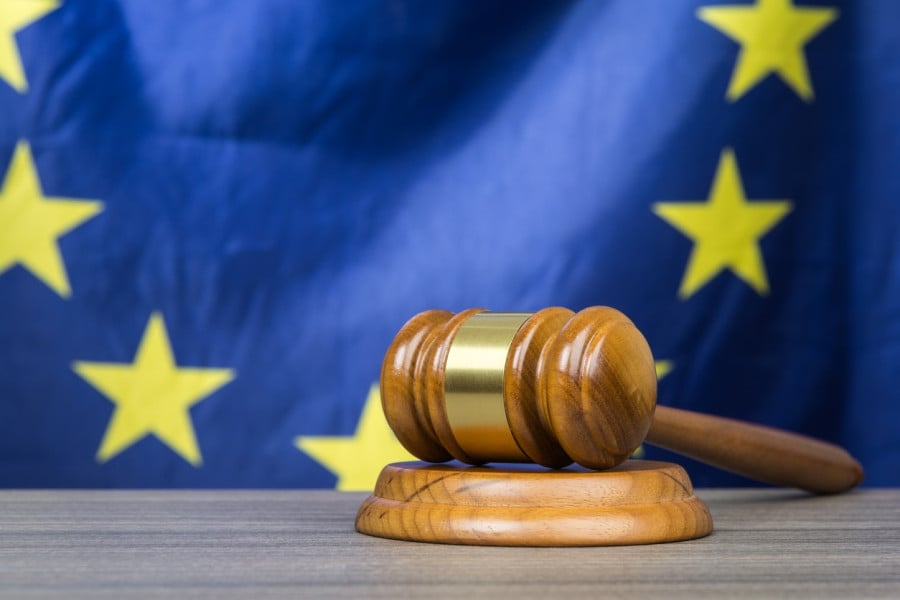Two Advocates General, two different answers: What the conflicting NADA Austria opinions mean for anti-doping transparency

The same legal questions, the same Austrian case, but two Advocates General have now reached different conclusions about whether publishing anti-doping sanctions complies with the GDPR. For sports organisations, this divergence creates uncertainty.
Nearly two years after Advocate General (AG) Ćapeta sparked debate in NADA and Others (C-115/22)[1] by suggesting that the publication of anti-doping decisions falls outside the scope of the GDPR, AG Spielmann has now delivered his Opinion in C-474/24. Both cases – C-115/22 and C-474/24[2] – originate from parallel proceedings in Austria and share a comparable factual background: one before the Austrian Independent Arbitration Committee (the USK) and the other under the General Data Protection Regulation (GDPR) rules before the national data protection authorities.
After the Court of Justice of the European Union (CJEU) dismissed the USK’s request for a preliminary ruling in May 2024 on the grounds that it did not qualify as a ‘court’ within the meaning of Article 267 Treaty on the Functioning of the European Union (TFEU) (jurisdiction of the CJEU to give preliminary rulings) (C-115/22), the Austrian Federal Administrative Court (the BVwG), where the GDPR case was pending, referred largely the same questions once again, giving the CJEU a second opportunity to clarify the legal framework. The two Opinions, however, diverge sharply in their conclusions.
This article examines AG Spielmann’s Opinion before analysing the differences (and the reasons behind them) between AG Spielmann’s and AG Ćapeta’s Opinions. It looks at:
- The Factual Background of the Case
- Key Aspects of the Advocate General’s Opinion
- An analysis of the AG Ćapeta’s earlier Opinion
- Diverging Paths: Two Advocates General, Same Legal Questions
- Reaffirming the GDPR’s Applicability to Anti-Doping Activities
- Drawing the Line: When Anti-Doping Data Becomes “Health Data”
- Disciplinary Sanctions and the Reach of Article 10 GDPR
- A Test of Proportionality: Reassessing Publication Practices in Anti-Doping Cases
- Implications for Sports Governance
- Conclusion and Key Takeaways
To continue reading or watching login or register here
Already a member? Sign in
Get access to all of the expert analysis and commentary at LawInSport including articles, webinars, conference videos and podcast transcripts. Find out more here.
- Tags: Anti-Doping | Competition Law | Court of Justice of the European Union (CJEU) | Data Protection | Dispute Resolution | Treaty on the Functioning of the European Union (TFEU) | World Anti-Doping Code (WADA Code)
Related Articles
- The validity of FIFA’s arbitration clause and the independence of the CAS: A detailed review of the RFC Seraing cases
- When should a CAS award be final on issues of EU law? The AG’s Opinion in Seraing v FIFA
- Can No-Poach Agreements Be Justified? Insights from the AG Opinion on Portuguese Football
- Snooker competition law battle: Analysing NST’s claim against World Snooker Tour at the CAT
- Competition Law’s Newest Frontier in British Basketball: Analysing the Dispute with Super League Basketball
- An Analysis of German Football's 50+1 Rule & the Federal Cartel Office's Concerns
- What Is the Real Impact of the CJEU’s Seraing Judgment on the Future of Sports Arbitration?
- Publishing athlete names after doping violations: What AG Spielmann's opinion means for sports organisations
Written by
Maike Herrlein
Maike Herrlein is an associate at Arnecke Sibeth Dabelstein working particularly on legal issues in sports. She holds a law degree from the University of Freiburg and a Master of Laws in sports law from the University of Bayreuth. During her Master's studies, Maike focused on competition law, data protection law and human rights issues in sports. In addition to her legal education, Maike holds a coaching license in swimming and has worked as a successful youth coach in the past.


